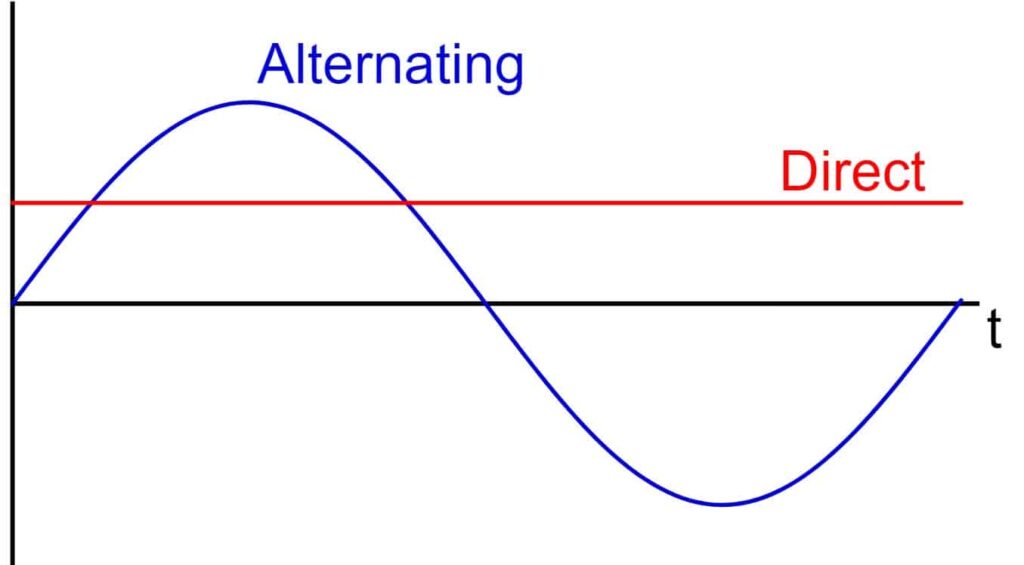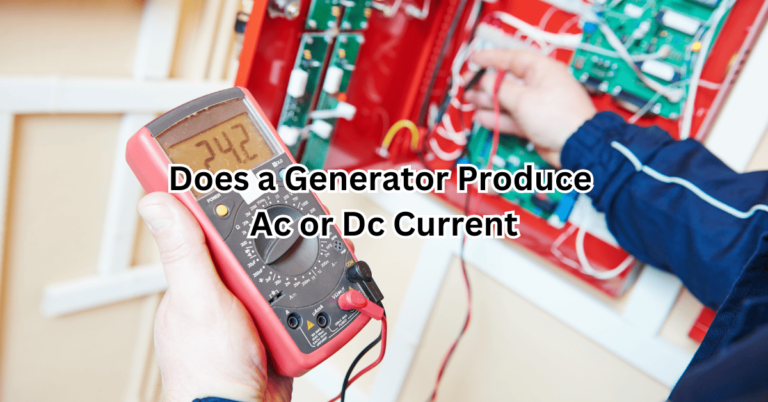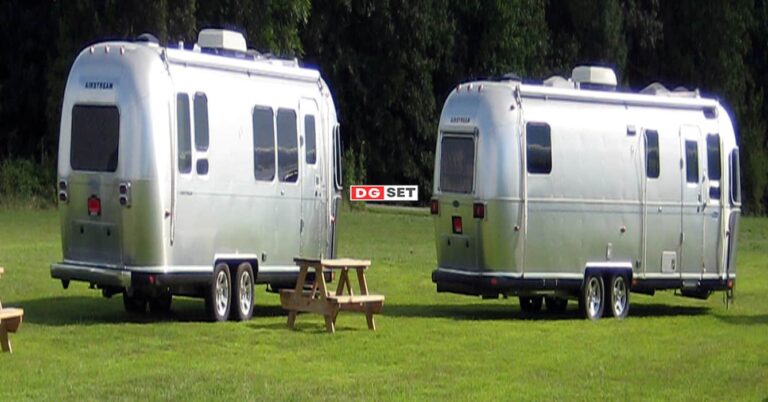Are Diesel Generators AC or DC? Demystifying the Power Source

Diesel generators are a reliable and widely used power source in various industries and applications. Whether it's providing backup power during emergencies or supplying electricity to remote locations, diesel generators have proven their effectiveness. However, one common question that arises is whether diesel generators produce alternating current (AC) or direct current (DC). In this article, we will explore the inner workings of diesel generators and uncover the truth behind their electrical output. By understanding the basic principles, you can make informed decisions regarding the use of diesel generators in your specific applications.
Diesel Generator Basics
Before delving into the AC/DC debate, let's first establish a foundation of knowledge about diesel generators. A diesel generator is made up of two main parts: an engine and an alternator. The engine, typically fueled by diesel, drives the alternator, which converts mechanical energy into electrical energy. This electrical energy is then used to power electrical devices or systems.
Alternating Current (AC) Explained
AC is the type of electrical current commonly used in homes, businesses, and most electrical appliances. It is characterized by its ability to change direction periodically, creating a waveform that alternates between positive and negative values. The main advantage of AC is its ability to transmit electricity efficiently over long distances.
In diesel generators, the alternator is in charge of transforming the engine's mechanical energy into electrical energy. The design of the alternator facilitates the production of AC electricity. Inside the alternator, there are conductive coils and a rotating magnetic field created by the engine. As the magnetic field rotates, it induces an electric current in the coils, resulting in the production of AC electricity.

Direct Current (DC) Unveiled
Unlike AC, which periodically changes direction, direct current (DC) flows continuously in one direction. Batteries, solar panels, and some electronic devices utilize DC power. However, diesel generators do not typically produce DC power directly.
To understand why diesel generators are not a primary source of DC power, we need to consider the underlying electrical properties. Diesel engines are primarily designed to generate rotational mechanical energy, which is then converted into AC electricity by the alternator. If DC power is required, an additional component called a rectifier can be added to convert AC to DC. This is commonly done in applications such as battery charging or powering devices that require DC.
DC Applications and Diesel Generators
While diesel generators are not known for their direct DC output, they can still be employed in applications that require DC power. As mentioned earlier, a rectifier can be incorporated into the generator system to convert AC power into DC power. This can be useful in scenarios such as charging batteries, operating DC motors, or running specialized equipment that relies on direct current.
Additionally, some diesel generator models are equipped with auxiliary DC outputs. These outputs are typically lower in power compared to the main AC output, but they provide a convenient source of DC power for certain devices or systems. It's important to note that these DC outputs are usually supplementary and not the primary function of the diesel generator.
Conclusion
In conclusion, diesel generators are primarily AC power sources, as they are designed to convert the mechanical energy of the engine into alternating current electricity. However, with the addition of rectifiers, diesel generators can also provide DC power when necessary. The flexibility of diesel generators to adapt their output to different electrical requirements makes them versatile in various applications.
When considering the use of a diesel generator, it is essential to evaluate the specific electrical needs of your project. If your project requires direct current (DC) power, it is advisable to opt for a diesel generator model that includes a rectifier or auxiliary DC outputs. This ensures a reliable and efficient power supply for your specific DC-based devices or systems.
Furthermore, it is worth noting that the efficiency of converting AC to DC power within a diesel generator may vary depending on the model and design. It is recommended to consult with experts or manufacturers to determine the suitability of a diesel generator for your intended DC applications.
In conclusion, diesel generators are primarily designed to produce alternating current (AC) power. However, with the integration of rectifiers or auxiliary DC outputs, they can also provide direct current (DC) power as required. Understanding the underlying principles and capabilities of diesel generators allows you to make informed decisions when selecting a generator for your unique power needs.
Remember to consider the specific electrical requirements of your project and consult with professionals to ensure the optimal use of a diesel generator. Whether it's for backup power during emergencies or powering DC-based equipment, diesel generators remain a reliable and versatile choice in the realm of power generation.



